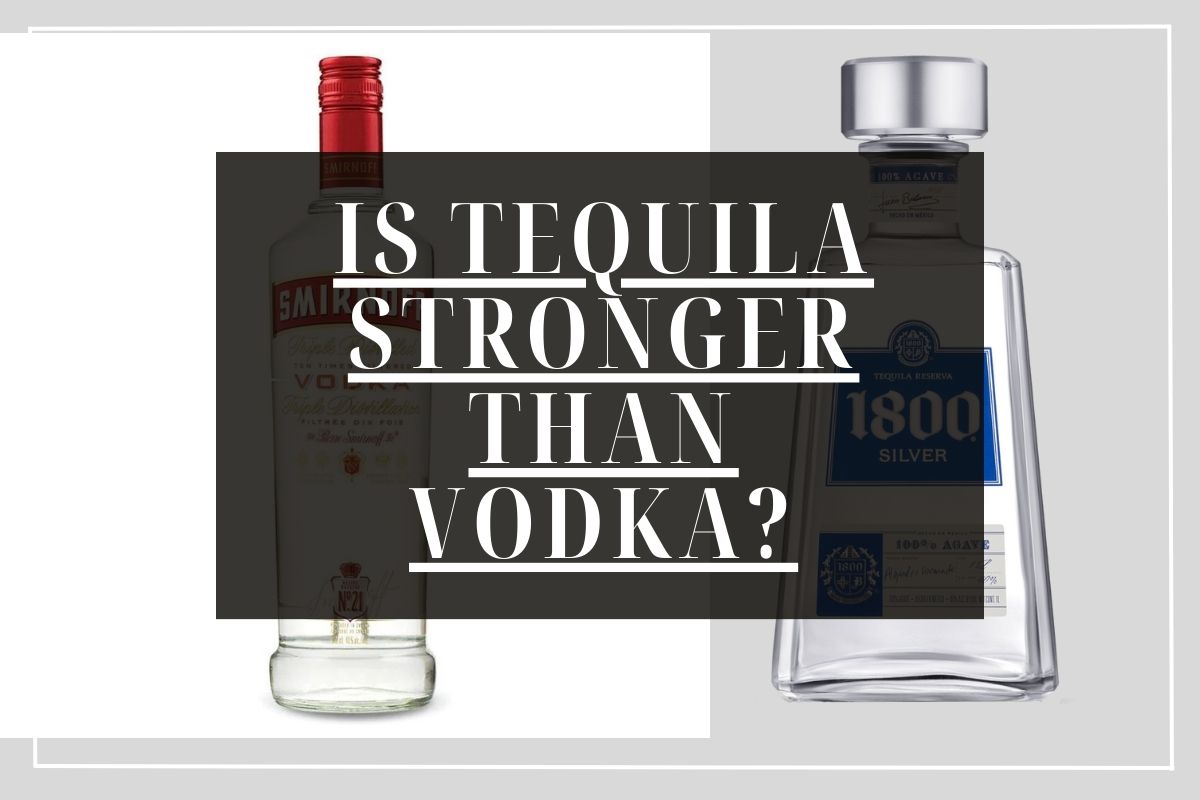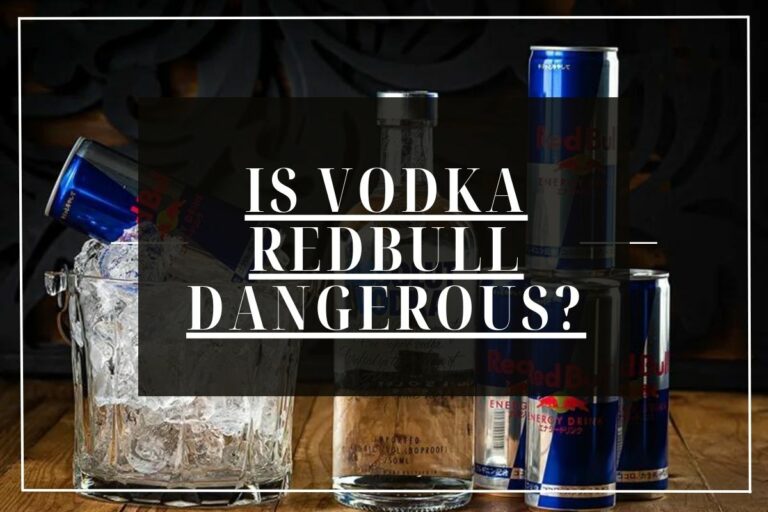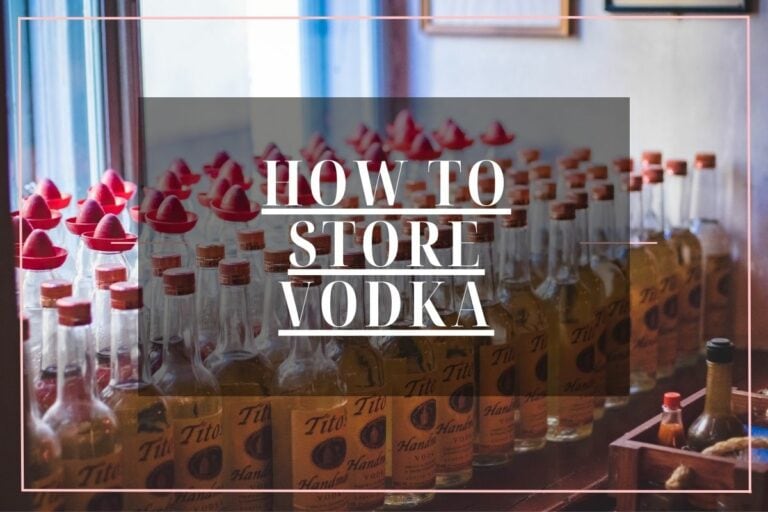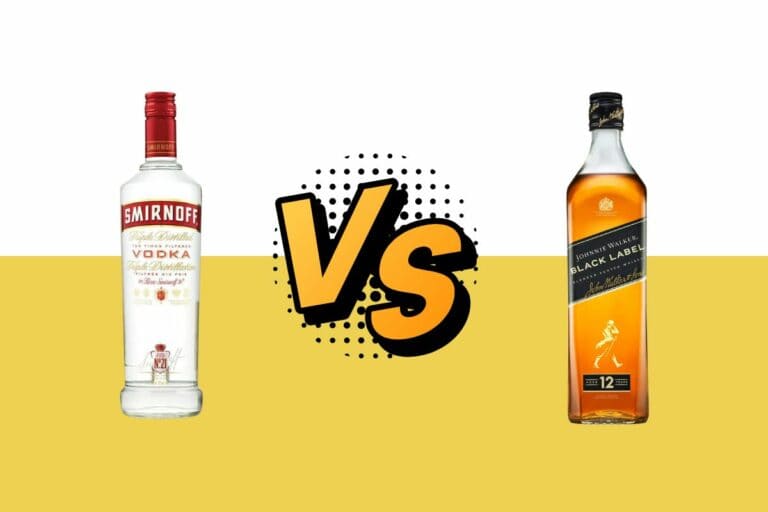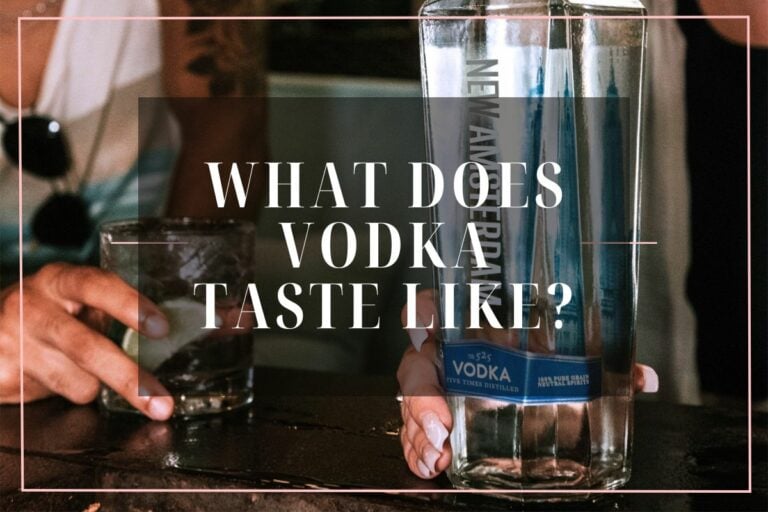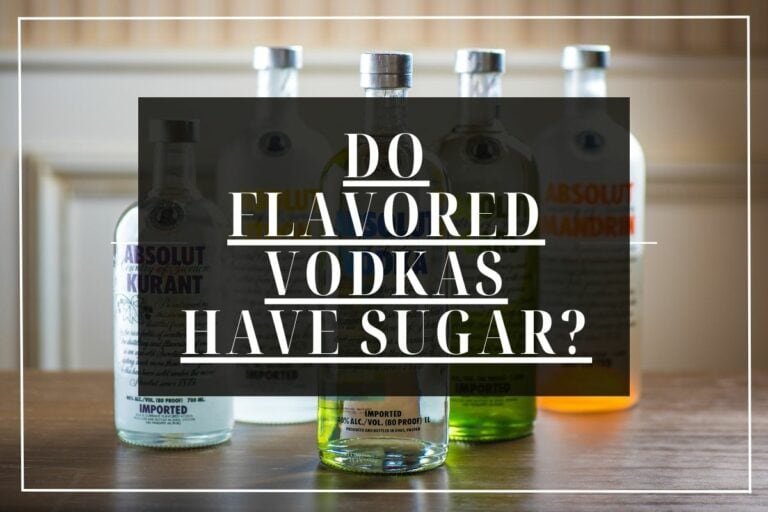Is Tequila Stronger Than Vodka?
Ever wondered which can pack a more potent punch – tequila or vodka? Both of these liquors have a reputation for being strong, but their potency is comparable. This blog post will delve into the differences in alcohol content and other factors, giving you all the necessary information to decide which spirit might get you ‘buzzed’ quicker.
Intrigued yet? Let’s dive in!
Understanding the Difference Between Tequila and Vodka
To understand the difference between Tequila and Vodka, one must delve into their respective definitions and origins, examine their similarities and differences including a precise comparison of alcohol content.
Definitions and origins
Tequila and vodka, both popular types of liquor, have fascinating histories and unique characteristics tied to their points of origin. Tequila is a spirit crafted from the blue agave plant in Mexico, linking the drink intimately with Mexican culture.
In contrast, vodka doesn’t hail from a specific geographic location but is typically associated with Eastern Europe, particularly Russia, Poland and Ukraine. The production processes for these beverages involve fermentation – converting sugars into alcohol – and distillation.
Despite these shared steps in production, tequila’s distinct flavor comes significantly from the agave plant while vodka has a more neutral taste due to its ingredients like grains or potatoes used during fermentation.
Both are often enjoyed straight as shots or mixed with other ingredients as part of cocktail recipes; showcasing creativity in mixology across cultures around the globe.

Similarities and differences
Both tequila and vodka share clear visibility as a common feature. These liquors undergo distillation for purity, reflecting their crystal clear spirits when poured into the decanter or shot glass.
Though they portray similar transparent appearances, differences arise in terms of flavors and alcohol content.
Tequila’s unique character lies in its distinct smooth texture coupled with a slightly sweet taste, unlike vodka which boasts a more neutral flavor palette. The distillation process differentiates them too, with tequila distilled variously based on its type while vodka goes through fermentation.
A significant difference is manifested within their proof levels where tequila takes the lead over vodka displaying higher alcohol content.
Alcohol content comparison
The alcohol content of both tequila and vodka depends on the specific product, but they generally fall within the standard range for distilled spirits, which is an average of 40% alcohol by volume (ABV). Some vodka brands have an ABV as high as 96%, making it often considered the stronger liquor compared to tequila.
| Alcohol | Average ABV (%) | Range of ABV (%) |
| Vodka | 40 | Up to 96 |
| Tequila | 40 | Typically 40-80 proof (20-40%) |
Vodka and tequila both contain ethanol, which is the type of alcohol that causes intoxication. However, the flavor profiles of the two spirits are quite different, with tequila often described as having a more complex, sharp, and intense taste due to the agave used in its production. Despite these differences in flavor, the alcohol strength of most tequilas and vodkas is similar.
Does Tequila Make You Drunk Faster than Vodka?
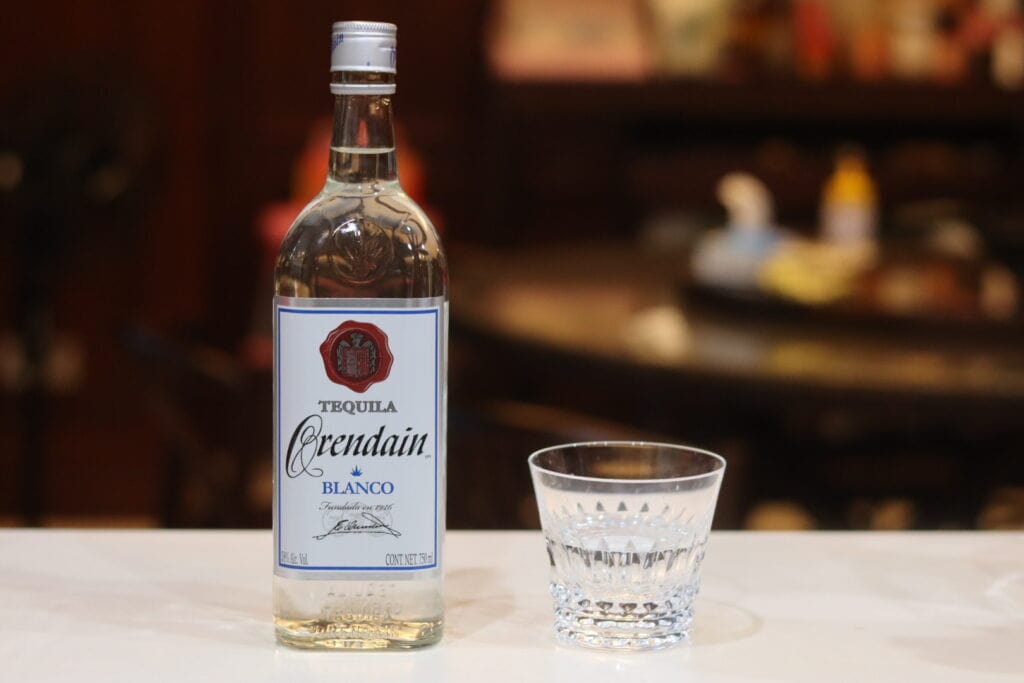
The degree of intoxication, or how quickly you get drunk, is not solely determined by the type of alcohol consumed; it’s influenced by numerous factors including biological variables and drinking behaviors.
Despite a common belief, tequila doesn’t necessarily make you drunk faster than vodka, as both typically contain similar levels of alcohol content. The body metabolizes these spirits at roughly the same rate but absorption can vary based on other substances consumed simultaneously such as food or mixers.
High alcohol concentration in any beverage may result in a rapid increase in blood alcohol level which will intensify effects experienced by the drinks; thus moderation should be practised to avoid severe consequences.
Factors influencing intoxication
Several factors play a crucial role in determining how quickly a person becomes intoxicated from tequila or vodka. These include:
- Alcohol Strength: Tequila generally has a higher alcohol content than vodka, which can result in faster intoxication.
- Consumption Method: Drinking shots of tequila, as opposed to sipping it slowly, leads to rapid buildup of blood alcohol concentration.
- The number of drinks consumed within the span of an hour matters greatly — four or more shots can pose serious health risks such as blackouts and alcohol poisoning.
- Individual factors heavily influence intoxication levels. For instance, aspects such as metabolism rate, body weight, tolerance and overall health condition can significantly affect how rapidly someone gets drunk.
- Gender differences factor into speed of intoxication too – typically men and women process alcohol at different rates due to physiological dissimilarities.
Absorption rates and metabolism
The human body processes tequila and vodka at different speeds due to variations in absorption rates. A major factor is the alcohol content or ethanol level in these beverages. Tequila typically has a higher alcohol by volume (ABV), around 50%, when compared to vodka, which averages around 40%.
This means that tequila tends to enter your bloodstream more rapidly, leading to quicker intoxication. Regardless of this difference, the liver always metabolizes alcohol at the same rate–approximately one drink per hour, whether it’s tequila or vodka.
But because of its increased concentration, effects from drinking tequila may show up sooner than expected; and misreading these cues might lead one into consuming excess volumes without realizing.
On the other hand, despite vodka having comparatively lower ABV values, overconsumption can still bring about drunkenness just as quickly if consumed irresponsibly.
Effects of higher alcohol content
Higher alcohol content accelerates the speed at which we become intoxicated. This rapid onset occurs because our bodies metabolize stronger liquor such as tequila faster compared to others with a lower ABV like vodka.
This quick absorption leads to an immediate increase in blood alcohol concentration (BAC). With this swift rise, intoxication comes quickly, especially when consuming drinks through shots – an action that prompts instant ingestion of alcohol into the system.
No doubt, indulging in over four shots within one hour can turn detrimental, escalating risks related to blackouts and even potentially fatal alcohol poisoning. The potency of high-alcohol-content drinks demands responsible consumption practices from consumers.
The Effects of Tequila and Vodka on the Body
Discover how tequila and vodka impact the body differently, from the immediate symptoms of intoxication to hangover potentials and long-term health effects. You’ll be intrigued by these insightful revelations!
Different types of intoxication
Alcoholic drinks like tequila and vodka can result in different types of intoxication, significantly influencing brain function and mood changes. The stimulant effects people associate with tequila are a myth; all types of alcohol produce the same molecular effects on the brain, acting more as depressants than stimulants.
Differences in personality traits or emotions after consuming various alcoholic beverages largely come from individuals’ expectations and surroundings rather than the alcohol type itself.
Consuming both vodka and tequila through shots can quickly raise your blood alcohol level, rapidly leading to intoxication. Despite varying perceptions about their impacts, these two alcoholic drinks potentially carry similar risks for hangovers and long-term health issues.
Hangover potential
Vodka and tequila both have the potential to leave you with a hangover. Dehydration, which occurs as your body metabolizes alcohol, is typically the main culprit behind these unwanted symptoms.
So whether you party hard with vodka or tequila, expect symptoms like headache, fatigue, nausea and dizziness.
A choice between vodka and tequila can make a difference in your morning-after experience. Cheap tequilas might lead to worse hangovers than an equivalent quantity of vodka due to impurities present in lower quality alcohols.
Thus picking good quality booze could mean shorter recovery time post-alcohol consumption.
Long-term effects
Constant alcohol consumption can lead to serious health risks over time. One such risk is damage to the digestive system, which occurs when tequila and vodka disrupt digestion’s natural processes.
This disruption often leads to issues with nutrient absorption, causing a range of complications like malnutrition and even anemia.
On top of these issues, intoxication affects the nervous system as well resulting in long-term effects. Alcohol alters brain chemistry, leading to changes in behavior and mood over time.
Drastic shifts may put individuals at risk for accidents or other dangerous situations due to their risky drinking behaviors. Consequently, both tequila and vodka pose significant health problems if not consumed responsibly over extended periods.
Conclusion
Tequila and vodka both offer unique experiences in terms of taste, preparation methods, and their respective impacts. The strength does not necessarily determine the quality or enjoyment derived from these spirits.
Whether you choose tequila or vodka depends on personal preference as each imparts a distinct character to your gatherings and cocktails.

